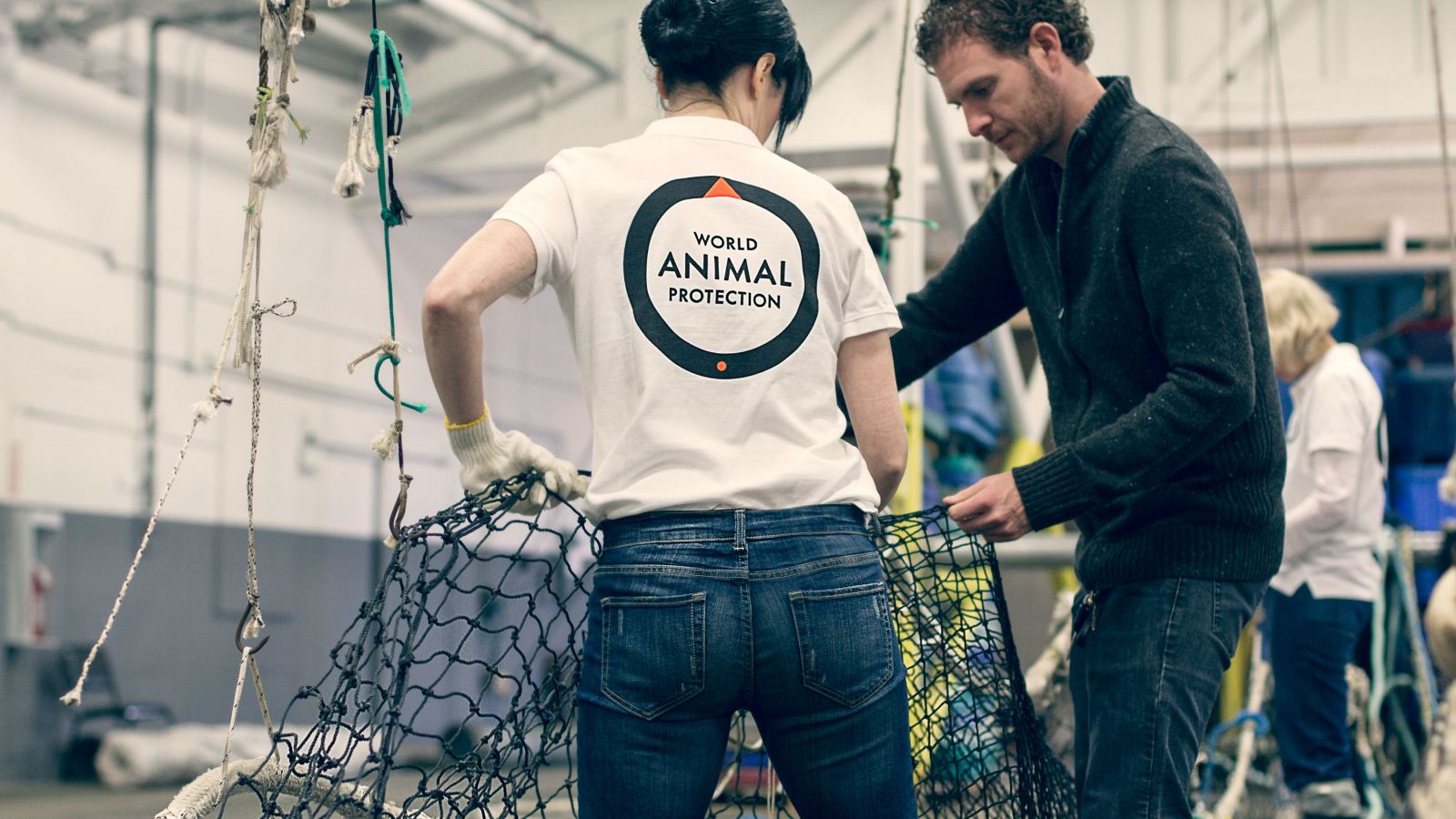10 Most Amazing Citizens For Animal Protection Changing How We See The World
22.12.2022
However, both are fundamental theories that contribute to animal ethics. However, due to pressure from the reptile keepers association, the U.S. The United States Association of Reptile Keepers (USARK) is a 501(c)(6) organization that lobbies on behalf of the captive-bred reptiles industry, which is made up of both pet owners and professional breeders, as well as supporting zoos and sanctuaries. Shortly after Wayne Pacelle joined HSUS, he stated in an interview with the Animal People newspaper that his goal was to build «a National Rifle Association of the animal rights movement». Chinese Animal Protection Network (CAPN) is a non-profit animal protection organization, and the first network for animal protection in China, founded by Chinese people. In 1866, the American Society for the Prevention of Cruelty to Animals was founded by New Yorker Henry Bergh. One of the largest veterinary clinics in the Midwest is the Humane Society location in St. Louis, the growth and success of the clinic has been accredited to their Chief of Staff for 55 years, Suzanne Saueressig. In 2010, Worth magazine named the HSUS as one of the 10 Most Fiscally Responsible Charities. Non-profit groups operated by Mr. Berman’s public relations firm paid Berman and Company $15 million from 2008 to 2010, an arrangement that may violate Internal Revenue Service rules that prohibit executives from profiting off of the non-profit entities they run.
As an affiliate of the Humane Society of the United States since 1993 HSWLT, alone or in partnership with other conservation groups, has participated in the protection and enhancement of more than 3.6 million acres of wildlife habitat in 38 states and nine foreign countries. Unlike some other wildlife groups, Oceana only focuses on a select handful of campaigns at any given time, better enabling it to achieve specific, measurable outcomes. The Doris Day Animal League, established in 1987 by the actress Doris Day, is a 501(c)(4) organization that focuses the spaying and neutering of companion animals and the development of national, state and local legislation that will minimize the inhumane treatment of animals. This theory opposes utilitarianism in the sense that instead of concerning itself with the consequence, it focuses on the duty. HSUS has taken a careful but critical stance concerning practices commonly found in the horse racing industry. Its sanctuaries include the Ramona Wildlife Facility, the Cleveland Amory Black Beauty Ranch, the Duchess Horse Sanctuary, and the Cape Wildlife Center. In June 2007, HSUS launched Humane Wildlife Services, a program to encourage and provide humane wildlife-removal services when wild animals intrude on human dwellings.
As a practical matter, HSUS has generally campaigned against abuses found in the treatment of wildlife. HSUS has waged campaigns on behalf of wolves since the 1970s. In recent years, HSUS has campaigned against the killing of wolves via ballot initiatives, and-with other partners-in litigation. The Center for Consumer Freedom (CCF), an organization that lobbies on behalf of the food and beverage industry, has criticized HSUS for many years. CCF takes this approach in criticizing HSUS: in 2014, HSUS reported revenue of $135,499,050, and it disbursed $15,843,692 of grants. In 2014, Charity Navigator issued a «Donor Advisory» about HSUS, temporarily removing its rating of the organization. CCF’s founder Richard Berman refuses to disclose its funders, and in 2013 Charity Navigator issued a donor advisory concerning the group. According to the «Pennies for Charity» report issued by the New York State Attorney General, of the $1.95 million raised in 2008 by fundraisers, only 5.29% went to HSUS. Neither Attorney General Charles Foti nor his successor Buddy Caldwell took any action, and the inquiry focusing on HSUS ended in early 2008. AR-HR’s analysis of the HSUS’s 2005, 2006, and 2007 tax returns claimed that 48% of the $34.6 million donated to the HSUS for the purposes of helping animals after Hurricane Katrina was then unaccounted for.
In June 2014, Charity Navigator replaced its rating of HSUS with a «Donor Advisory» citing a $15.75 million settlement of a lawsuit. In June 2014, the charity became World Animal Protection. Learn about Citizens for Animal Protection , including insurance benefits, retirement benefits, and vacation policy. Animal ethics was expressed through this movement and led to big changes to the power and meaning of animal ethics. Winograd’s general claims concerning HSUS and animal sheltering work have been disputed or qualified by other parties. HSUS first took a policy position on zoos in 1975, its board of directors concluding that it would be neither for nor against zoos, but would work against roadside menageries and regular zoos that could not improve. At no point did it ever have anything to do with financial metrics, governance, transparency, or the impact and effectiveness of work to protect animals. In 1984, HSUS adopted a policy that animals should not be taken from the wild for public display in zoos.



